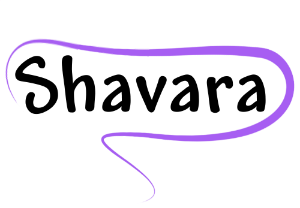There are many patient collection styles in the medical industry, ranging from passive to extremely aggressive. The office attitude about collecting money from patients often reflects the physician’s own feelings about money and the empathy they have toward their patients. Patients usually understand that they will be paying for some or all of their medical care, but few will offer to pay the bill up front unless asked to do so.
With the advent of HMO plans, collecting office visit co-pays became easier because the insurance card shows the co-pay that will be due. Most other insurance plans have a combination of deductibles, co-pays, or coinsurance percentages that the patient will be responsible for. Asking for these details at the onset of treatment is recommended, which opens the door to discuss payment plans, especially in the case of extensive therapies. This avoids costly invoicing and aging later, after the insurance company has made their payment.
The largest portion of accounts receivable aging is often due to patient outstanding balances, which take the longest to collect. Monitoring of patient accounts is easily managed through reports and constant updating, plus regular invoicing. A medical office should be billing patients once a week. With a system such as Iridium Suite, patient accounts can be readily tracked. The patient invoicing screen is preloaded by the system but is easily customized for selective operations.

Having all the current information at hand streamlines the collection process, starting with invoicing and ending with calls to the patient asking for a past due payment.
Monitoring patient accounts receivables is a critical aspect of medical office management; however office personnel who faithfully make calls to insurance companies for each patient’s eligibility and benefits begin the process for a successful triad of patient, insurance, and physician relationships. Good communication between all three will ensure better patient receipts, accounts receivable aging, and far fewer mistakes on insurance claims billing.
When it becomes necessary to call patients for a payment, often the call makes them feel pressured and will prompt them to offer a credit card payment over the phone. Iridium Suite offers an instant credit card processing screen whereby a payment may be received quickly with no hassles and a receipt may be printed for the patient. Clear communication, requesting patient payments during visits, regular invoicing, and monitoring past due accounts will keep patient accounts receivables from building up to an unmanageable level.


